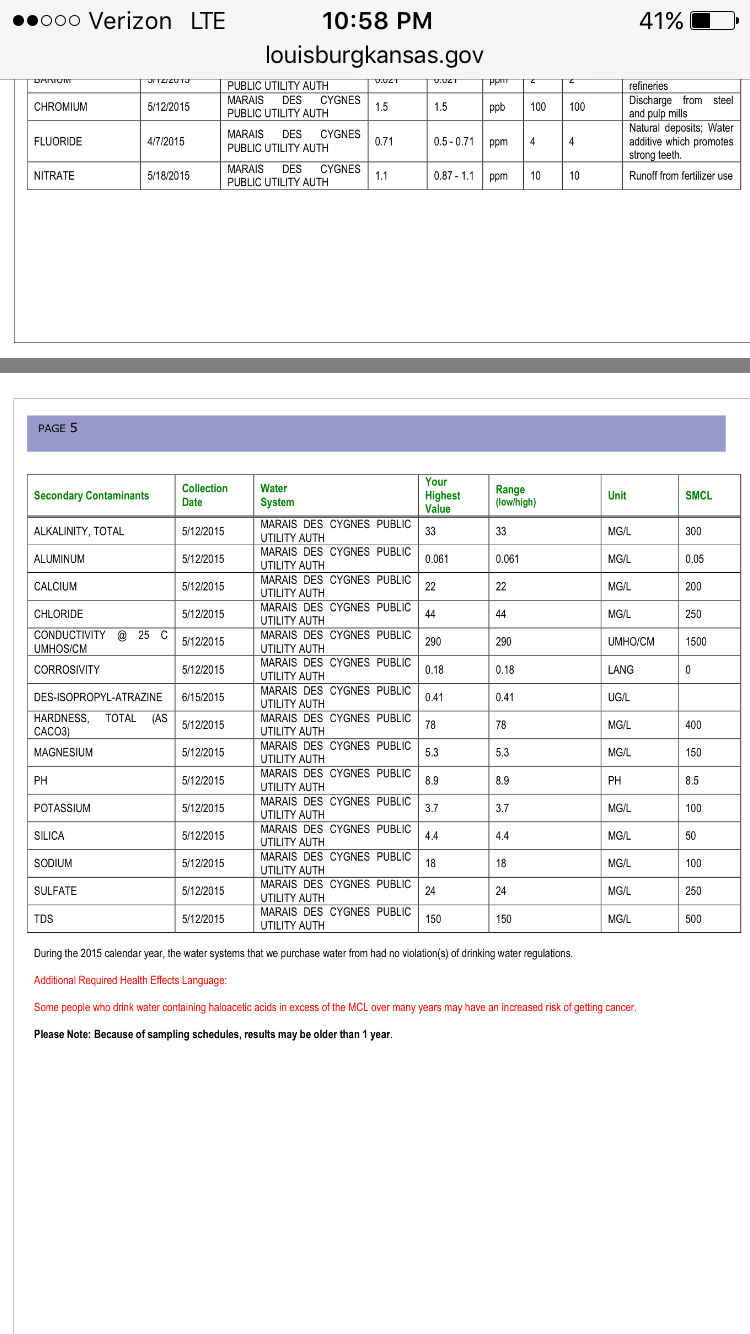I'm a new member and This is my 1st Post ! I have been brewing for 2 1/2 years and love it , I do BIAB 2 1/2 gal. batches so I can brew more, I'm trying to learn Water Chemistry in my quest to make Great Beer ! It's been a little tuff, but after reading and studying the last month I'm starting to figure out some of the aspects but still have a lot to learn. I like all different types of beer but I'm a big stout & potter type. I have my city water report and would like someone to help me with it. I love this forum and read it a lot and have learn much !Thanks




































![Craft A Brew - Safale S-04 Dry Yeast - Fermentis - English Ale Dry Yeast - For English and American Ales and Hard Apple Ciders - Ingredients for Home Brewing - Beer Making Supplies - [1 Pack]](https://m.media-amazon.com/images/I/41fVGNh6JfL._SL500_.jpg)






















